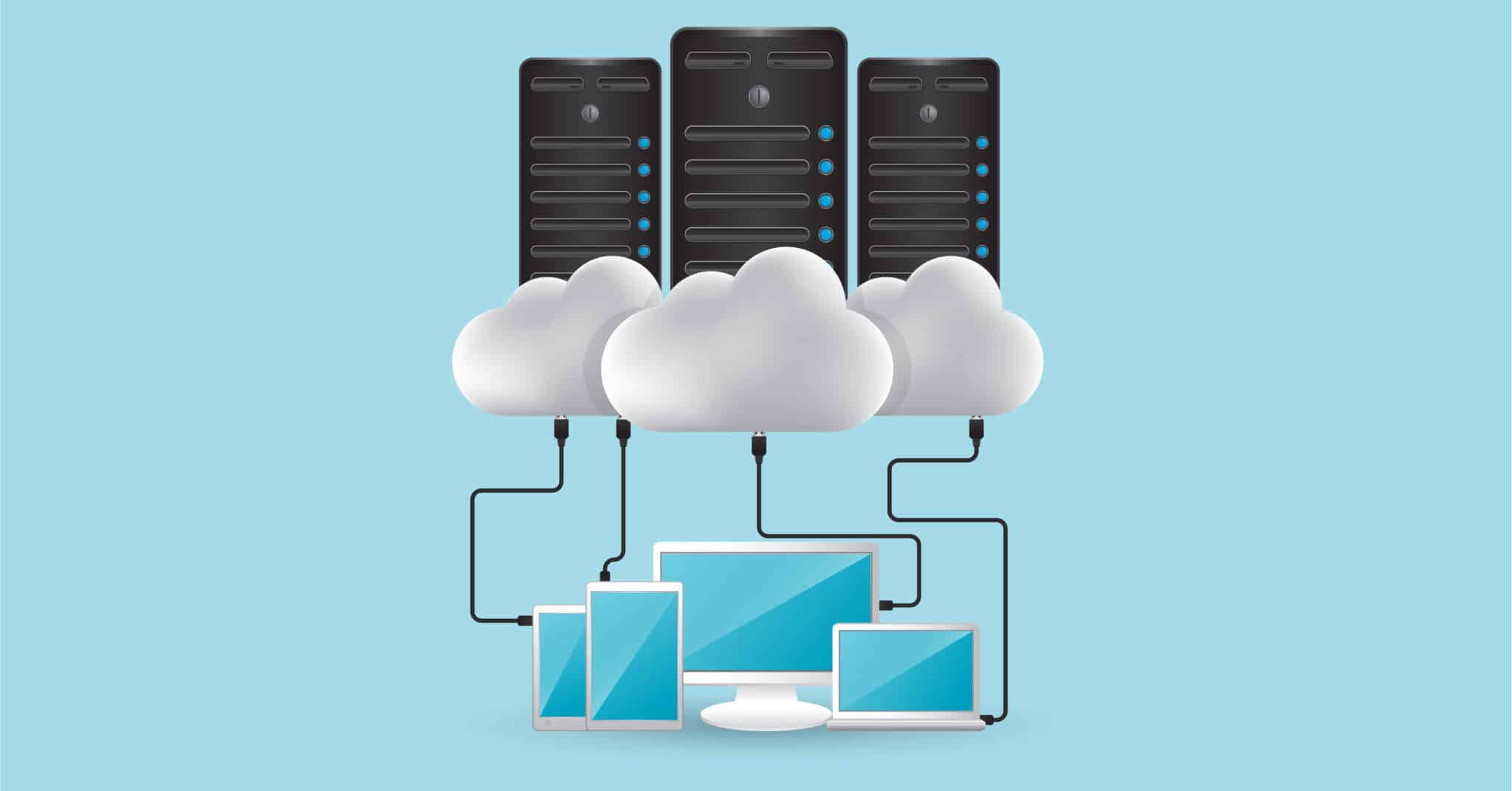The pros and cons of using the Cloud
|Aug 7, 2018

In my last blog,“What is the cloud?,” I discussed what the Cloud is and isn’t. In this post, I’ll discuss three advantages and disadvantages of using the Cloud.
Cloud Advantages
- Lower hardware costs: You don’t have to purchase in-house servers. You use the provider’s hardware and only pay for what you need. Providers such as Microsoft Azure and Amazon Web Services (AWS) allow you to build, manage and deploy applications on a massive, global network by selecting only the tools and framework you require (like virtual machines, storage, SQL database, and security). So, the money you would spend on expensive hardware you can instead invest into other business goals.
- Reduced hardware and software maintenance headaches: The vendor, not you, handles maintenance (like patching, licensing, upgrading, and backups), which means your IT can concentrate on the end user – your employees.
- Flexibility: If you experience growth that requires extra resources, you can get if fast without worrying about setting it up and licensing. Alternatively, if you need to downsize your resources, you can reduce your services to control costs and pay for what you need, depending on your contract. You can dial it up or down when you need to.
Cloud Disadvantages
- Internet connectivity: If your internet connection is slow, unstable, or disconnects, you may have issues, because when the internet goes down, your Cloud services go down. To combat this, you can setup a backup internet connection.
- The Transition: Moving to a cloud provider is not as easy as snapping your fingers – it can take time, effort and knowledge. When you have a managed-IT service like 365 Technologies, we continually audit your IT requirements to ensure the right hardware and software gets moved to the Cloud, transitions smoothly, and you pay for only what you need.
- Data Restrictions: When you place data on the Cloud, you’re trusting a third party to ensure it’s safe. The Cloud is not for every organization. Some of your data may be too sensitive to place in the Cloud, and there may be legal regulations that you need to know before you do.
An in-depth look into Cloud security
Typically, your Cloud provider ensures security, but you should do your homework before signing up with a provider to establish its security track record. For instance, despite its widespread use, Dropbox has security vulnerabilities, including weak file-permission settings and not deleting backups stored on employees’ computers once they leave the company. This is why 365 Technologies provides a Dropbox alternative called 365OmniDrive, so you have better control over your shared files.
Who protects your data better than you?
Some organizations believe that their data and systems should stay on their premises because no one will look after it better than them. Again, if you do your homework, you may find that a Cloud vendor can maintain and keep your data more securely than you. Big Cloud vendors, such as Amazon Web Services (AWS), VMWare, SAP, Google Cloud, and Microsoft Azure, stake their reputations on providing first-class maintenance and security. They simply have more resources for security than you do.
To Cloud or not to Cloud
The Cloud’s use and positive reputation are growing every day, but that doesn’t mean it’s the correct choice for your business today. There are lots of variables to look at before deciding if it’s right for you. If you have questions about moving your business to the Cloud, contact us at sales@365tech.ca. We’re happy to help.




